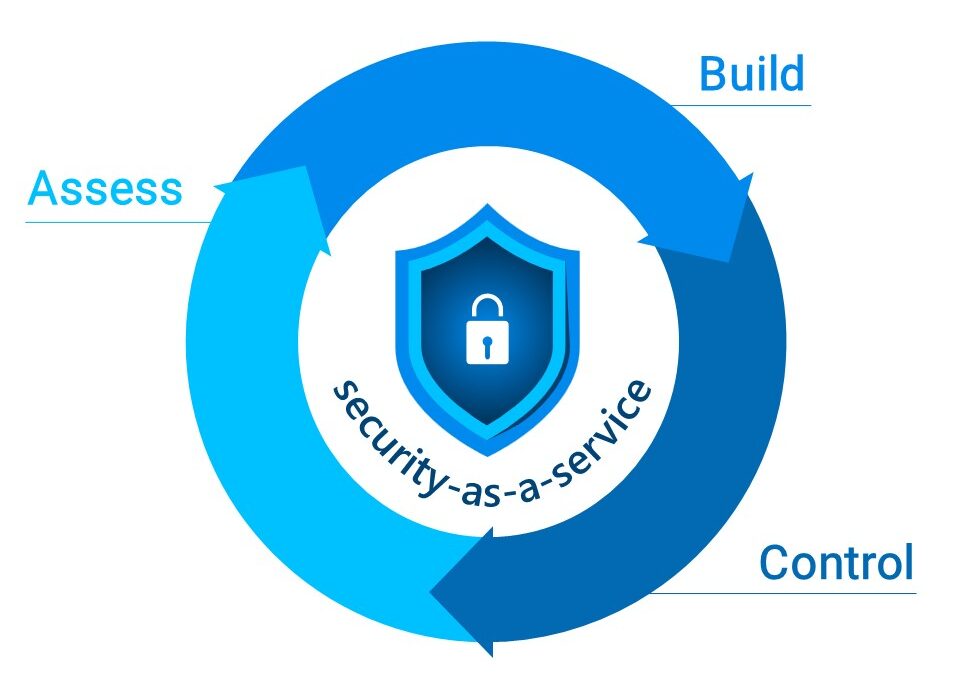In the CRO industry, cybersecurity is paramount for protecting sensitive data and maintaining trust. Breaches can result in severe financial losses, legal liabilities, and reputational damage.
According to IBM’s 2023 Cost of a Data Breach Report, the healthcare industry had the highest average data breach cost of $10.93 million, an 8.2% increase from 2023.
To address these challenges, CROs should consider the following recommendations and solutions:
1
|
Platform
|
|
- Implement Robust Encryption Protocols: Encrypting sensitive data both in transit and at rest ensures that even if unauthorized access occurs, the data remains unreadable and unusable to attackers. This adds an extra layer of security to protect patient information and research data.
- Implement Multi-Factor Authentication (MFA): Require users to go through an additional authentication step beyond just entering a password, such as receiving a one-time code on their mobile device or using biometric authentication. MFA adds an extra layer of protection against unauthorized access, even if passwords are compromised.
- Adopt Access Controls and Least Privilege Principle: Implement access controls to ensure that users only have access to the data and systems necessary for their role. Follow the principle of least privilege, granting users the minimum level of access required to perform their job duties. This limits the potential impact of insider threats and reduces the attack surface for external threats.
|
2
|
Process
|
|
- Regularly Update Software and Systems: Keeping software, operating systems, and applications up to date with the latest security patches helps mitigate vulnerabilities that could be exploited by cybercriminals. Regular updates reduce the risk of exploitation and strengthen the overall security posture of the organization.
- Conduct Regular Security Audits and Penetration Testing: Conduct regular security audits and penetration testing to identify weaknesses in systems and processes before they can be exploited by malicious actors. Regular testing helps ensure that security measures are effective and up to date with evolving threats.
- Establish Incident Response Plans: Develop and regularly test incident response plans to ensure a swift and effective response in the event of a security breach. Having predefined procedures in place helps minimize the impact of breaches, mitigate further damage, and maintain trust with stakeholders.
|
3
|
People
|
|
- Conduct Employee Training on Cybersecurity Best Practices: Provide comprehensive training programs to all employees on cybersecurity best practices, including how to identify phishing attempts, the importance of strong passwords, and how to securely handle sensitive data. Educating employees helps build a culture of security awareness and reduces the risk of human error leading to security breaches.
- Collaborate with Cybersecurity Experts: Work with cybersecurity professionals to conduct risk assessments, identify vulnerabilities, and develop tailored security solutions. Cybersecurity experts can provide valuable insights into emerging threats and best practices, helping CROs stay ahead of cyber threats.
|
By implementing these recommendations and solutions, CROs can strengthen their cybersecurity posture, protect sensitive data, and maintain the trust of participants and sponsors.

The AES Group can further advance the security posture of CROs with its security-as-a-service solution, a lean and consumption-based approach to security assessment, transformation and operations designed specifically to meet the unique needs of SMBs, including CROs. With this offering, The AES Group aims to protect CROs with an end-to-end cost-effective security solution that is fit for their size but can easily scale as their business grows.

